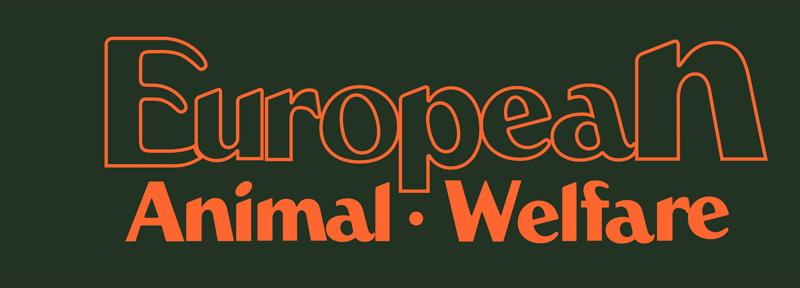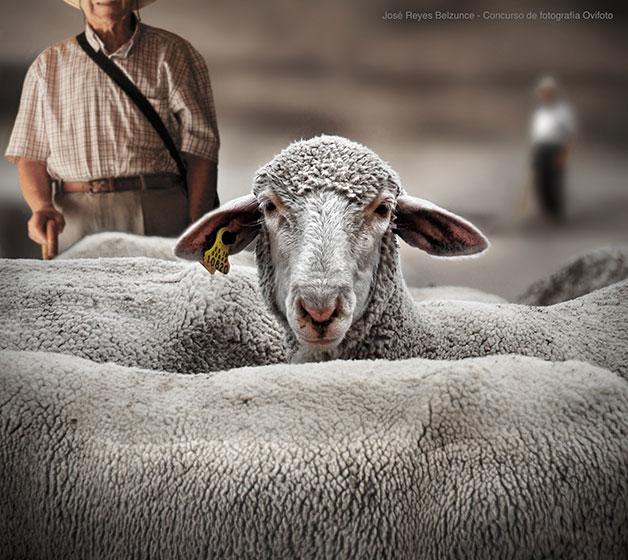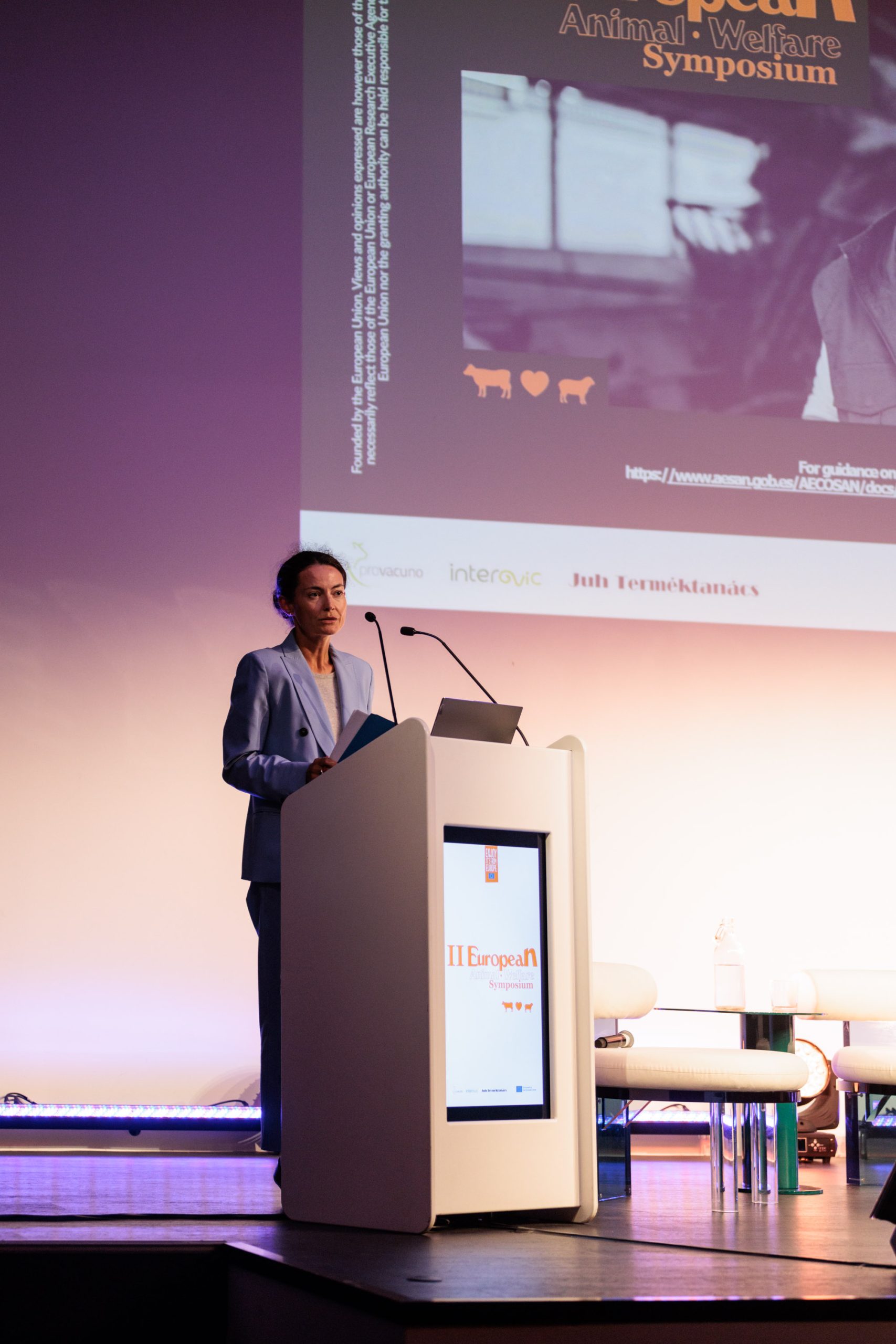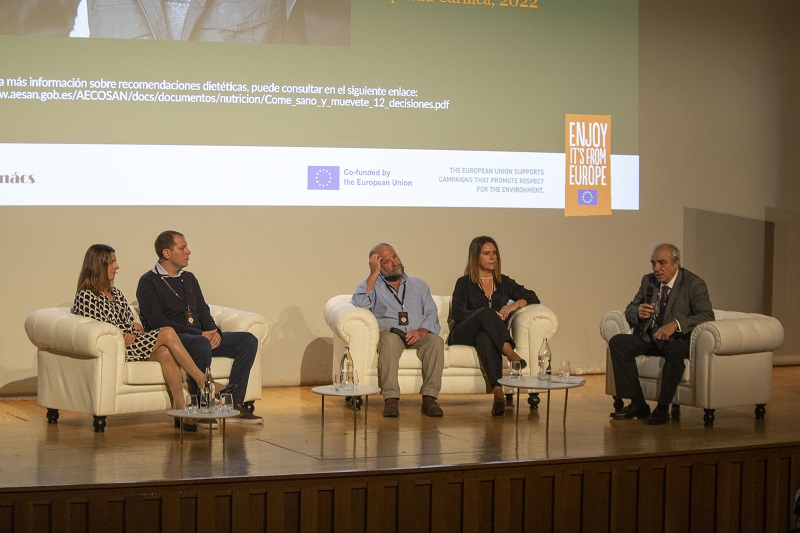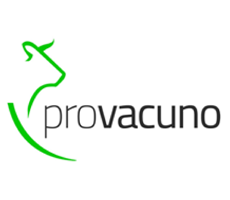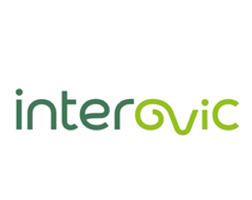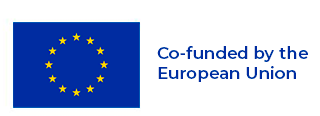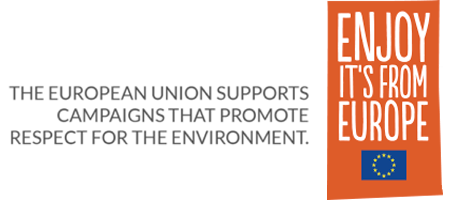Animals get it, but eventually it will be dangerous for humans
The use of antibiotics in livestock is so widespread that, despite the numerous restrictions introduced, it is estimated that even today only one-third of all the antibiotics in the world are administered to humans, and two-thirds are administered to animals.
These substances were used not only for the prevention and treatment of animal diseases, but also for the purpose of increasing yield and stimulating meat, milk and egg production. They were used intensively in the pig and poultry sectors. Previously, they tried to stimulate the growth of cattle with antibiotic preparations, which has been banned in the countries of the European Union since 2006, but is still a legal method in many other parts of the world.
This action is not only unethical for animals, but the antibiotics used in agriculture contribute to the development of antibiotic resistance by consuming foodstuffs of animal origin, thus weakening the effect of antibiotics developed for us in human health.
Unfortunately, the absorption of the above-mentioned preparations in the animals’ bodies is not complete: they are not always able to break down in such a way that a significant amount of them does not remain in the urine or faeces, which then ends up in the manure, which is then used worldwide to improve soil quality, both in ecological and sustainable farming. They are able to survive for a long time in vegetation that has been treated with water and manure containing antibiotics and drugs. Once inside the human body, their accumulation poses an unknown risk to human health.
In May 2016, a multidrug-resistant superbacterium was discovered in the body of an American woman, which is resistant to various drug treatments. The E. coli bacterium that entered the woman’s body and caused diarrhea was of animal origin, which was already resistant to the antibiotics prepared for us before entering the human body. According to an article published by Agrárágazat.hu in May 2022, diseases caused by multiresistant bacteria may become the leading cause of death by 2050.
The «One Health» initiative states: The health of humans, animals and the environment is actually one and the same. The goal of the initiative is to halve the use of antibiotics by 2030.
Animals are stressed
It is no secret that certain antibiotics are used to preserve the health of animals whose high stress levels trigger certain diseases. Several studies confirm that the solution would not be this kind of prevention, but rather a calm environment and well-being-based husbandry technology. Antibacterial feeds and feed supplements that improve gut health can help.
Latest measures
Thanks to the measures already taken, between 2011 and 2018, the sale of antibiotics for the treatment of farm animals in Europe decreased by a third. However, the series of measures does not stop.
From January 8, 2022, the veterinarian must provide a new report on a monthly basis about the antibiotics used in farm animals kept for the purpose of food production. They must provide an annual report on the circulate of the products by March of each year. They must make this announcement through the Customer Profile System operated by Nébih. Within two years, from 2024, the EU data provision obligation will come into force, and the reports already submitted are the first step towards this. These measures contribute to the protection of antimicrobial resistance (AMR) and public and animal health.
Veterinarians who serve a large number of livestock farms must develop an antibiotic use reduction plan for the given facility. NÉBIH publishes a guide on the minimum requirements for antibiotic treatment on its website to help prepare this. In all cases, the implementation of the plan must be supervised by a veterinarian. The procedure is effective from January 28, 2022.
From January 1, 2024, any prescription for a product containing antibiotic active ingredients can be issued by a veterinarian who has an official certificate to that effect. Veterinarians can receive this certificate upon completion of a specialized training course, which can be renewed every 5 years by participating in a new training course, otherwise the certificate will lose its validity.
Internet resources:
- https://agraragazat.hu/hir/agrar-antibiotikum-rezisztencia-gyogyszer-allattartas-mezogazdasag/
- https://agraragazat.hu/hir/agrar-jelentesi-kotelezettseg-felhasznalt-antibiotikum-mezogazdasag/
- https://atlatszo.hu/kozpenz/2016/06/23/antibiotikum-hasznalat-az-allattartasban-magyarorszag-a-legrosszabbak-kozott/
- https://agraragazat.hu/hir/agrar-antibiotikum-elelmiszer-betegseg-bakterium-virus-mezogazdasag/
- http://www.mosz.agrar.hu/allattenyesztes/1848-uj-szabalyok-az-antibiotikum-hasznalatra
